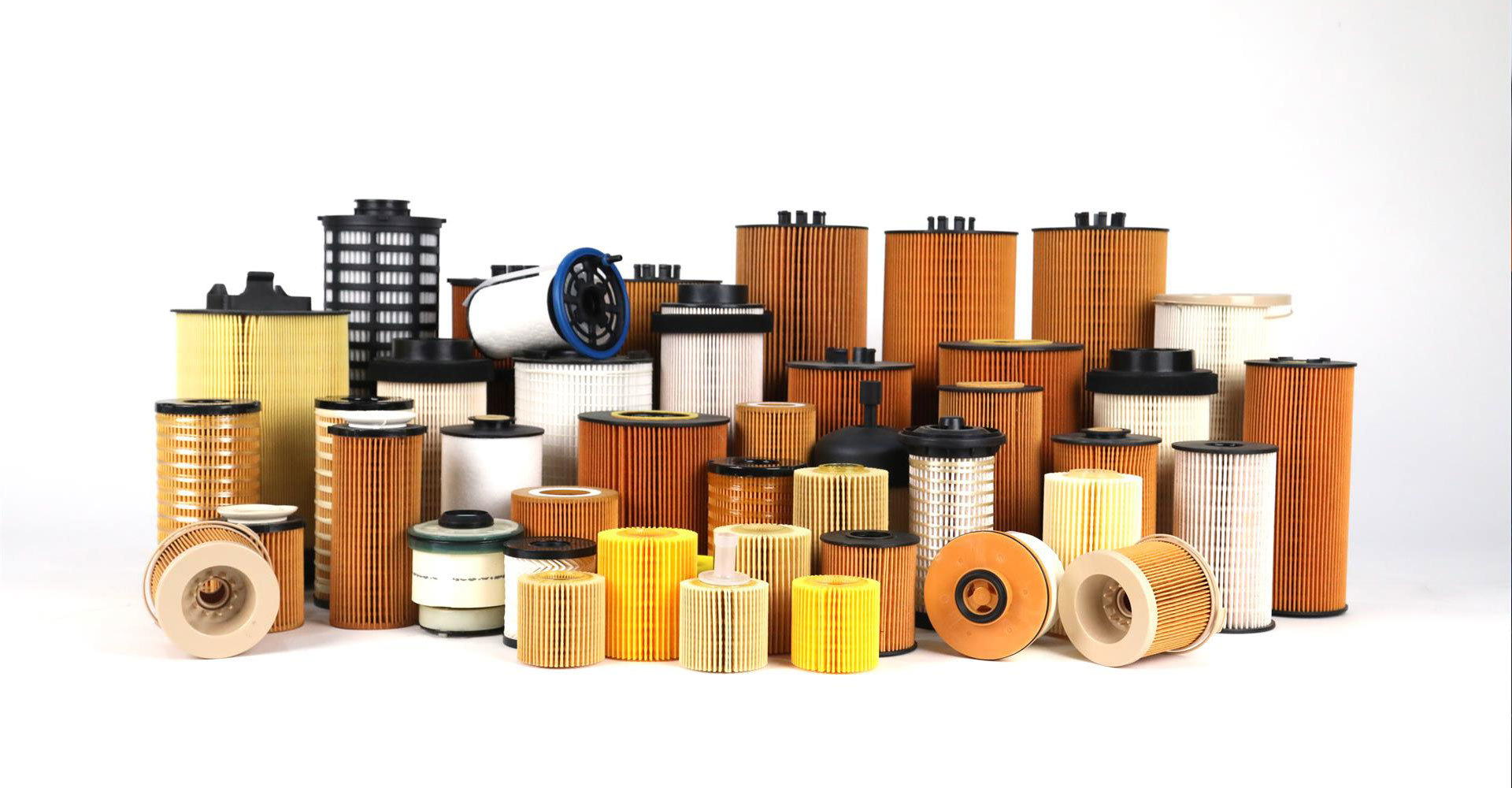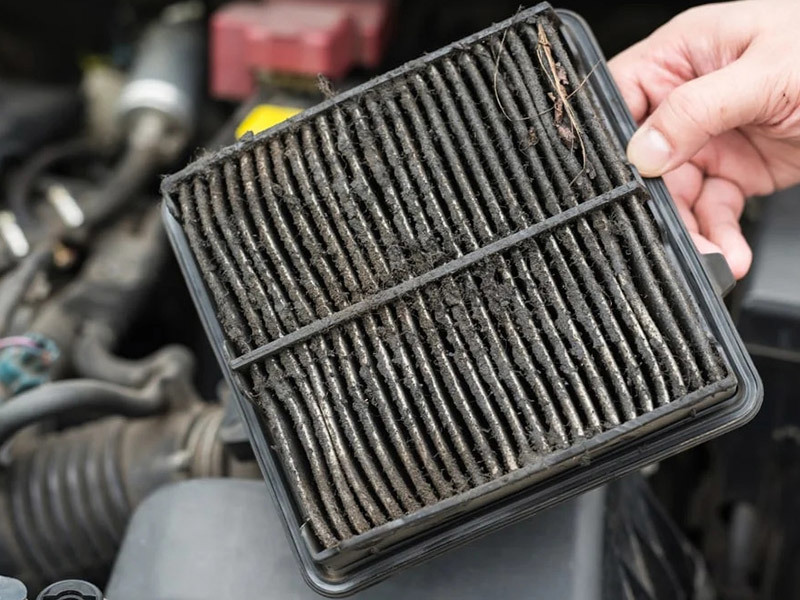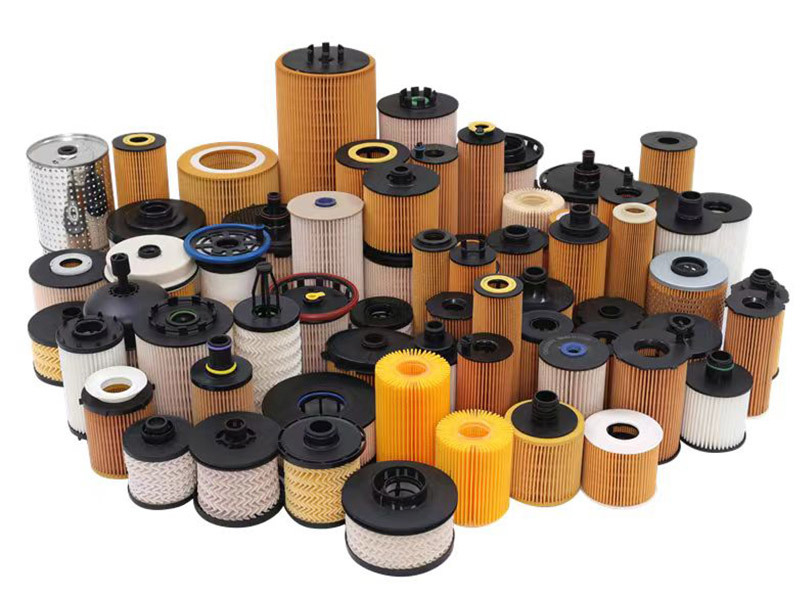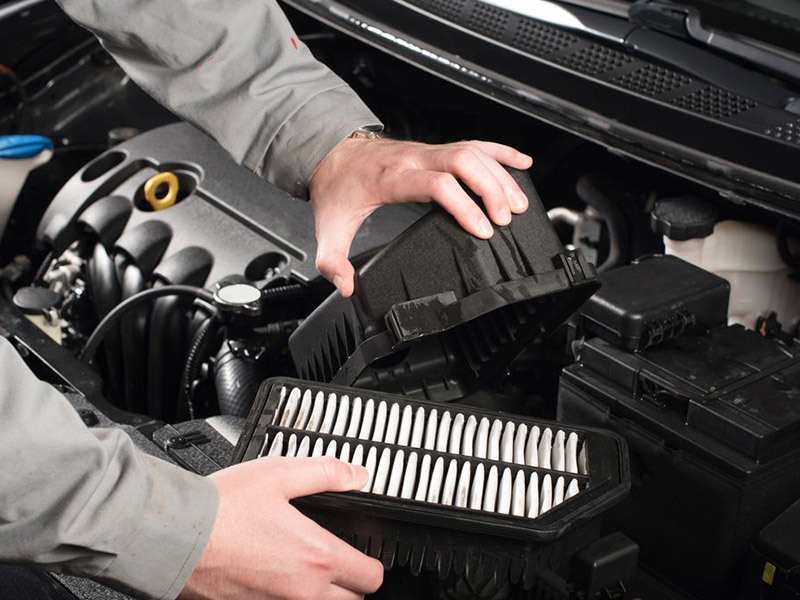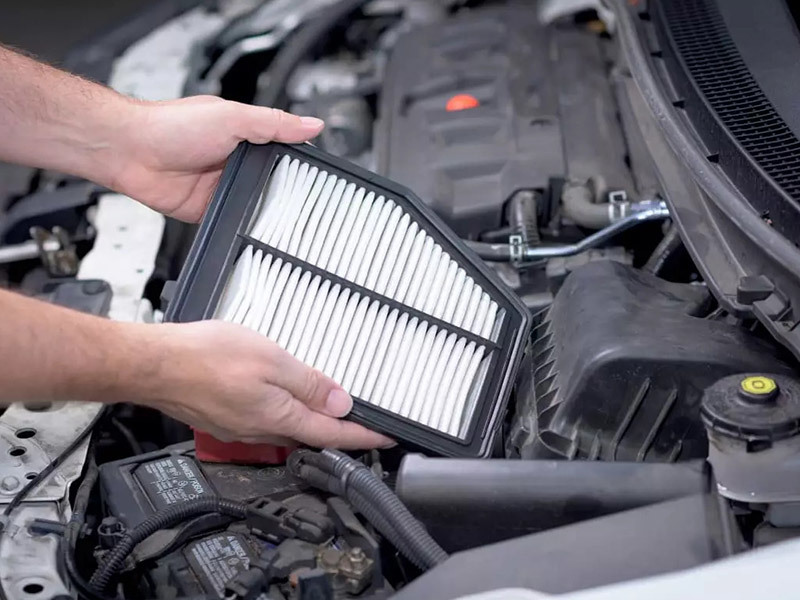Focus On Hot Spots
Contact Info
E-mail: tengsen@injenfilter.com
Business Phone: +86-18131928561
WhatsApp: +86-18131928561
Address: Ge Xianzhuang Zhen Wu Jia Na Cun Xi, Qinghe County, Xingtai City, Hebei Province
Understanding Automotive Air Conditioning Filters: Essential Knowledge for Vehicle Maintenance
Release Time:
Jul 16,2025
Automotive air conditioning filters, often referred to as cabin air filters, are integral components of a vehicle's HVAC (heating, ventilation, and air conditioning) system. Their primary function is to filter out dust, pollen, and other airborne particles from the air that enters the vehicle's cabin. This ensures that the air you breathe while driving is clean and free from pollutants, which is e
There are two main types of automotive air conditioning filters: particulate filters and activated carbon filters. Particulate filters are designed to capture larger particles such as dust and pollen, while activated carbon filters not only trap these particles but also absorb odors and harmful gases, providing an additional layer of air quality improvement. Choosing the right type of filter depends on personal preferences and environmental conditions. For instance, if you often drive in urban areas with high pollution, an activated carbon filter may be the better choice.
It is important to regularly inspect and replace the automotive air conditioning filter to ensure optimal performance of your vehicle's HVAC system. A clogged or dirty filter can impede airflow, leading to decreased efficiency of the air conditioning system. This not only affects comfort but can also lead to increased wear and tear on the system, potentially resulting in costly repairs down the line.
Most manufacturers recommend replacing the automotive air conditioning filter every 12,000 to 15,000 miles, but this can vary based on driving conditions and the specific vehicle. Signs that your filter may need attention include reduced airflow from the air conditioning vents, unpleasant odors when the system is running, or increased dust accumulation inside the cabin. Regular maintenance and timely replacement of the filter can help ensure a comfortable and pleasant driving experience.
In conclusion, understanding the role of automotive air conditioning filters is essential for maintaining air quality and comfort in your vehicle. By being proactive about filter maintenance, you can improve the efficiency of your HVAC system and contribute to better air quality inside your car. Whether you choose a particulate filter or an activated carbon filter, staying informed about their function and maintenance can lead to a more enjoyable driving experience.
Key words:


